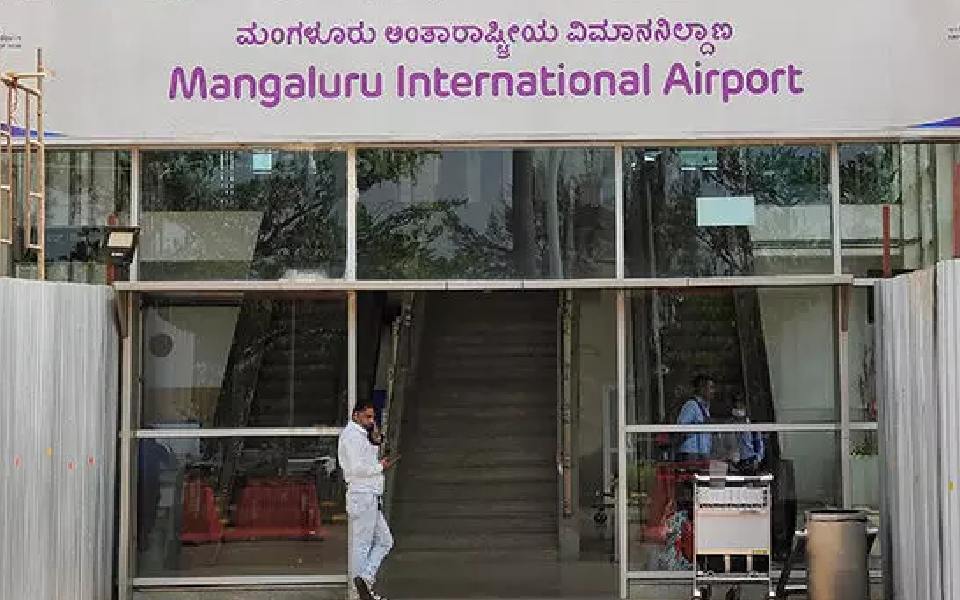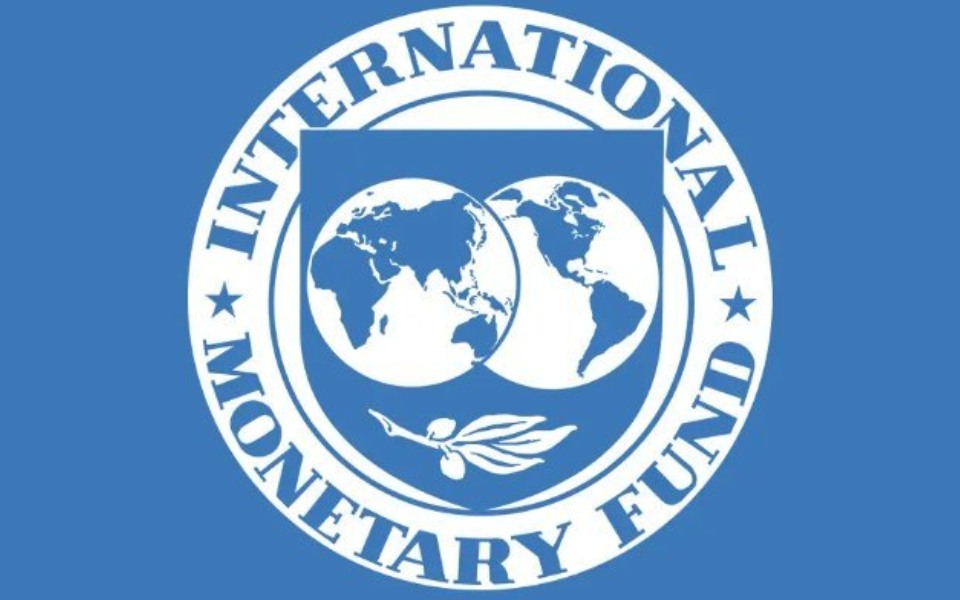Geneva: India’s human rights accreditation status is under scrutiny as the Global Alliance of National Human Rights Institutions (GANHRI) prepares to review the country’s processes this week. The National Human Rights Commission (NHRC) faces potential downgrading from its current “A status” due to concerns raised in 2023, including the lack of pluralism, the appointment of police officials and ruling party members to the NHRC, and the absence of gender and minority representation.
The decision on India's accreditation status will impact its ability to vote at the UN Human Rights Council and some UNGA bodies. The Sub-Committee on Accreditation (SCA) of GANHRI will conduct the review, which occurs every five years for each member of the 114-member alliance. India, which has been accredited since 1999, had its status deferred in 2016 but restored after a year.
The NHRC has defended its composition, stating that the presence of government officials, including the Secretary-General and CEO, enhances its effectiveness. However, criticisms include the involvement of police officers in investigations, lack of gender and minority representation, and political affiliations of some members with the ruling party.
The Ministry of External Affairs (MEA) has engaged with countries involved in the review process to present India's case diplomatically. Despite confidence in restoring its A status, the government emphasizes that it does not focus on "external certifications" of India's human rights record.
International civil society organizations, including Amnesty International, Human Rights Watch, and CIVICUS, have raised concerns about increasing restrictions on civil society and discrimination against minorities in India. They urge GANHRI-SCA to amend the NHRC's rating to reflect its failure to comply with the Paris Principles and address the deteriorating human rights situation in India.
The Ministry of External Affairs has criticized the U.S. State Department's latest human rights report on India as biased and reflective of a poor understanding of the country. It further stated that it attaches no value to the report and urges others to do the same.
Let the Truth be known. If you read VB and like VB, please be a VB Supporter and Help us deliver the Truth to one and all.
Mangaluru: In response to recent cross-border attacks by Pakistan and rising tensions along the international boundary, the Bureau of Civil Aviation Security has directed airports across India to enhance security protocols. As part of this nationwide alert, Mangaluru International Airport has intensified surveillance, and introduced secondary ladder point checks (LPSC).
Explaining about the new protocol, Jaideep Shenoy, Public Relations Officer at Mangaluru International Airport, said that the secondary ladder point security check involves a second round of frisking. Passengers will first undergo standard checks by the CISF at the security checkpoint. Before boarding the aircraft, either via a boarding bridge or a bus, they will be subjected to an additional frisking by airline staff at the gate. Shenoy emphasized that the LPSC is a standard security measure implemented at all airports.
He also urged travelers to stay updated by checking the airport’s official social media channels for accurate and timely information.
In light of circulating reports regarding restrictions on visitor entry, Shenoy clarified that the entry of visitors into the terminal has always been restricted. Visitors may accompany passengers up to the departure gates or receive them at the arrival gates, as per existing rules.
In an advisory issued on Friday, Mangaluru International Airport urged passengers to arrive well in advance of their scheduled departures to accommodate extended security checks, and to cooperate with airport and security personnel.
The airport authorities also urged people not to share any unverified information.
#MangaluruAirport is fully operational, with your safety and comfort as our top priority. Stay informed and plan ahead to ensure a smooth journey.
— Mangaluru Airport (@mlrairport) May 9, 2025
Here’s everything you need to know before you fly, from security guidelines to handy dos and don’ts.
Plan ahead, stay informed, and… pic.twitter.com/clJTKPrlRT





